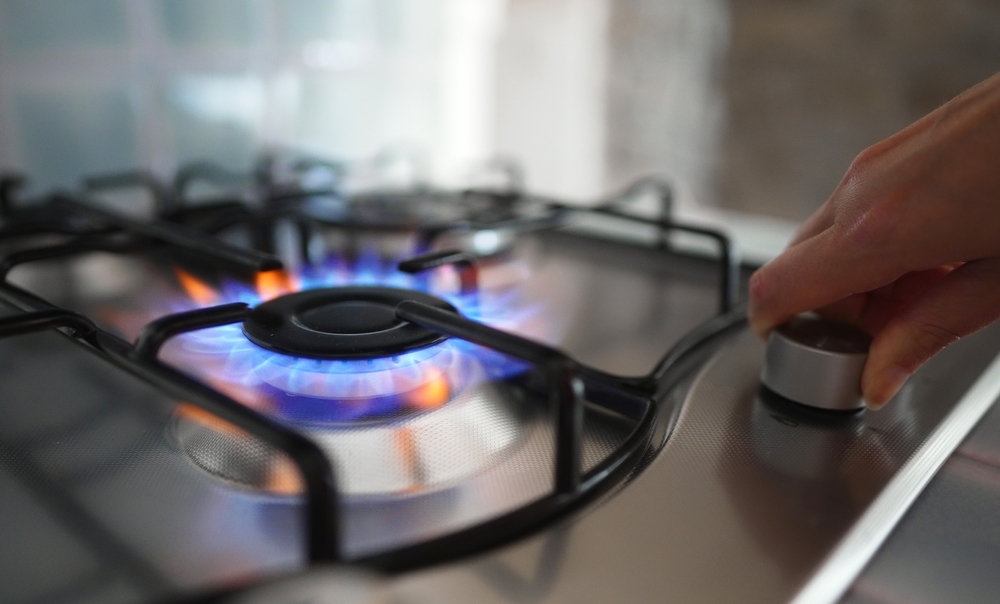
Faulty or improperly maintained gas appliances can be incredibly dangerous, causing potentially deadly gas leaks, explosions, fires, and Carbon Monoxide poisoning.
With Gas Safety week approaching, Warwickshire Fire and Rescue Service (WFRS) is reminding residents to follow safety guidelines for gas devices and ensure they are properly maintained.
‘Looking after your home, friends, family’ is this year’s theme. It emphasises that everyone has a part to play in keeping each other safe, whether that is looking after or simply sharing advice with immediate family, extended family, friends, neighbours or tenants – we can all do our part to keep the national safe.
To keep yourself, and your loved ones, safe as we start to enter the colder months, follow these top tips on gas safety:
- Regularly maintain gas appliances - Gas appliances should be safety checked once a year and serviced regularly by a qualified and registered engineer. Landlords are responsible for organising this for tenants.
- Look out for warning signs that could indicate your gas appliances are not working correctly - Signs may include lazy yellow/orange flames instead of crisp blue ones, black marks on or around the appliance, a pilot light that keeps going out, too much condensation in the room, or error messages on the appliance’s control panel.
- Ensure your home’s vents and/or flues are not blocked - Vents and flues are there to ensure your gas appliances work safely. Blocking them could prevent this.
- Purchase and regularly test an audible carbon monoxide (CO) alarm - Ensure any CO alarms are marked to standards EN50291 and still in date.
- Never DIY gas work - Never DIY on a gas appliance; if you suspect there is something wrong with your appliance or it is not working correctly, call an engineer.
Gas has a strong sulphur-like smell, in the event you smell gas, act immediately and take the following steps:
- Get fresh air immediately - open all doors and windows to ventilate the area.
- Turn off the gas emergency control valve (also called gas emergency shut off valve) at the meter, unless the meter is located in a basement or cellar or at the LPG bulk tank or storage vessels.
- Extinguish all naked flames and do not smoke.
- Don’t operate electrical switches (including turning light switches on or off) because this can ignite escaping gas.
- Contact the relevant National Gas Emergency service number – for natural gas this is 0800 111 999, for liquified petroleum gas (LPG) the number will be on your bulk storage vessel or meter.
- If the attending emergency operative identifies an issue with any gas appliances, follow their advice concerning the use of the equipment. Where advised, contact a Gas Safe registered engineer to fix the appliance and check it’s safe.
- If you’re feeling unwell, visit your GP or hospital immediately and let them know you may have been exposed to carbon monoxide.
- Don’t turn the gas supply on again until it’s been checked by a Gas Safe registered engineer.
Following these best practices and safety tips, and properly maintaining gas appliances ensures the safety of yourself, your family and our community.
Councillor Dale Bridgewater, Portfolio Holder for Fire and Rescue and Community Safety, said:
“This Gas Safety Week, it’s important to raise awareness of the importance of getting their gas appliances regularly maintained by professionals.
“By sharing these safety tips we hope to educate the community on gas safety, reducing the risk of gas leaks, fires and explosions and keeping our community safe.
“If any resident should be concerned about the fire safety of their home, a Safe and Well visit can be carried out by the service at their request.”
Residents concerned about the fire safety of their home can apply for a free Safe and Well Visit carried out by Warwickshire Fire & Rescue Service.